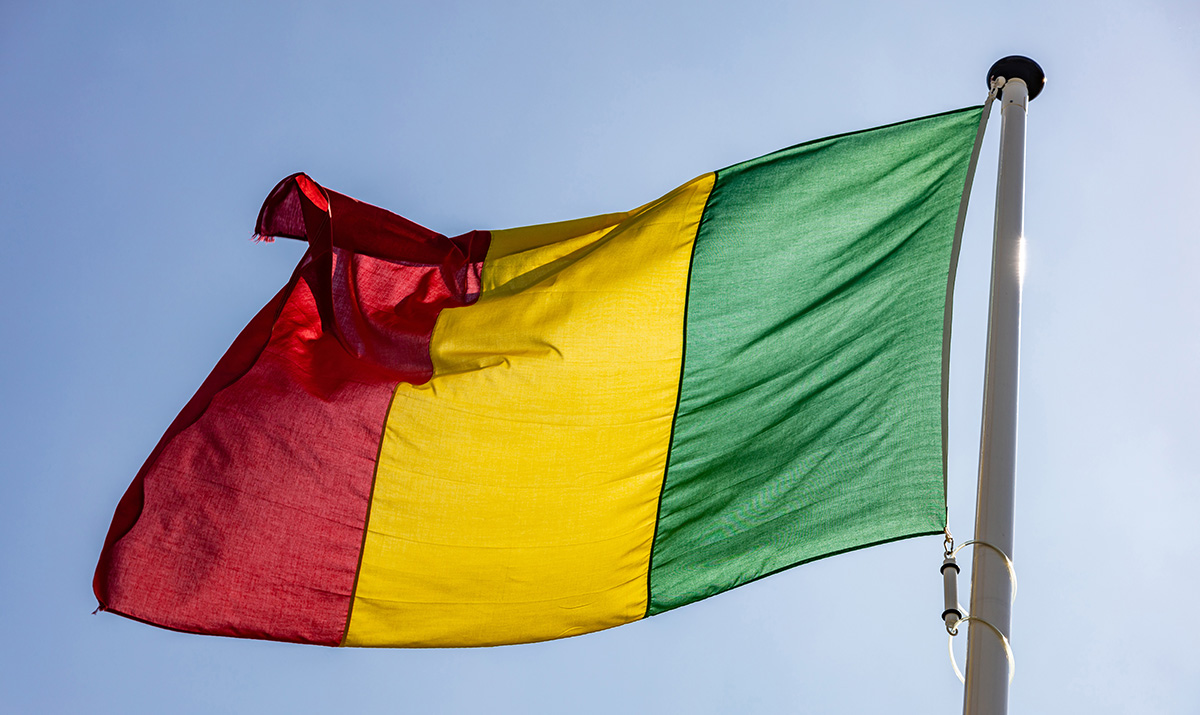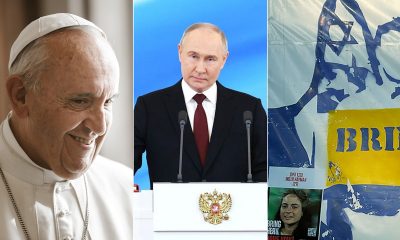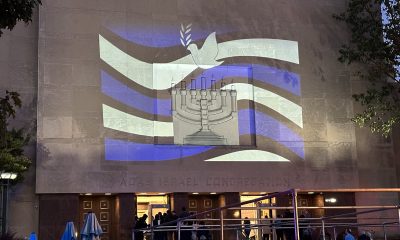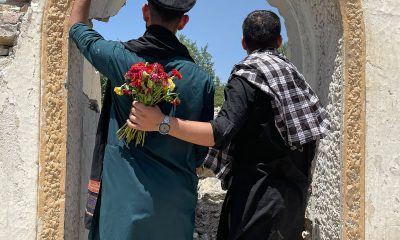Mali
Mali on the verge of criminalizing homosexuality
Country’s Traditional National Council has drafted a new penal code

Mali’s Transitional National Council on Oct. 31 adopted a draft penal code that would criminalize acts of homosexuality.
Minister Mamoudou Kassogué after the TNC meeting said any person who advocates or engages in same-sex relations will be prosecuted.
“There are provisions in our laws that prohibit homosexuality in Mali,” he said. “Anyone engaging in this practice, promoting or apologizing for it, will be prosecuted. We will not accept that our customs and values are violated by people from elsewhere.”
Nginda Nganga, an African LGBTQ+ rights activist, said the Malian government should not be concerned about other people’s sexual orientation.
“LGBTQI+ people have always existed, and they always will. It’s a human rights issue, and honestly, I have never understood why some are so concerned about others’ personal choices and private lives,” said Nganga. “It’s strange.”
Eugene Djoko, another African rights activist, said deterring and monitoring one’s sexual orientation will not solve the country’s problems.
“According to the minister, anyone who practices, promotes or glorifies homosexuality will be prosecuted, however, restraining personal liberties is not how you will fix the country’s problems,” said Djoko.
Amnesty International in its 2023/2024 report said violence and discrimination against people based on descent remained prevalent in Mali. The report highlighted several killings based on this type of discrimination.
Although Mali does not recognize same-sex marriages, the country’s constitution and penal code does not criminalize consensual same-sex sexual relations or LGBTQ+ identity. The TNC’s Oct. 31 vote, however, will change the situation for the country’s LGBTQ+ community, even though President Assimi Goïta has not approved them.
The LGBTQ+ community before the Oct. 31 vote already faced a lot of stigma, especially from fellow Malians.
Mali is largely an Islamic country, and Sharia law does not tolerate same-sex sexual relations. The majority of Malians view homosexuality as a Western import.
People in some regions who are found to be part of the LGBTQ+ community can face punishments that range from so-called conversion therapy to amputation, flogging, and even death. Many LGBTQ+ Malians and those who advocate on their behalf remain in the closet or work behind closed doors. Some have opted to leave Mali and seek refuge in countries that protect LGBTQ+ rights.
The actual ramifications of Kassogué’s statements as they relate to consensual same-sex sexual relations or LGBTQ+ advocacy in the country remain unclear.
Arrests of LGBTQ+ people or activists on the basis of sexual orientation are rare, but Malian society tends to handle them under the guise of religious and cultural beliefs as opposed to a law enforcement issue. Law enforcement officials cite acts of indecency when they arrest those who identify as LGBTQ+ or activists.
Goïta, for his part, has yet to explicitly make any public comment on LGBTQ+-specific issues. He has, however, often spoke about his support for Islamic and African values.

-

 Theater4 days ago
Theater4 days agoGeffen Playhouse’s The Reservoir finds queer humor and joy in recovery and loss
-

 COMMENTARY3 days ago
COMMENTARY3 days agoUSAID’s demise: America’s global betrayal of trust
-

 a&e features3 days ago
a&e features3 days agoHow this Texas drag king reclaimed their identity through Chicano-inspired drag
-

 Obituary2 days ago
Obituary2 days agoThe queer community mourns the loss of trailblazer Jewel Thais-Williams
-

 Television2 days ago
Television2 days agoICYMI: ‘Overcompensating’ a surprisingly sweet queer treat
-

 a&e features4 days ago
a&e features4 days agoFrom Drag Race to Dvořák: Thorgy Thor takes the Hollywood Bowl for Classical Pride
-

 Arts & Entertainment4 days ago
Arts & Entertainment4 days agoMary Lambert Returns With a Battle Cry in new single, “The Tempest”
-

 Opinions17 hours ago
Opinions17 hours agoThe psychology of a queer Trump supporter: Navigating identity, ideology, and internal conflict
-

 Living15 hours ago
Living15 hours agoFaithfully queer: Finding God and growth in Modern Orthodoxy
-

 Breaking News3 hours ago
Breaking News3 hours agoProject Angel Food loses $340,000 grant to feed people living with HIV






